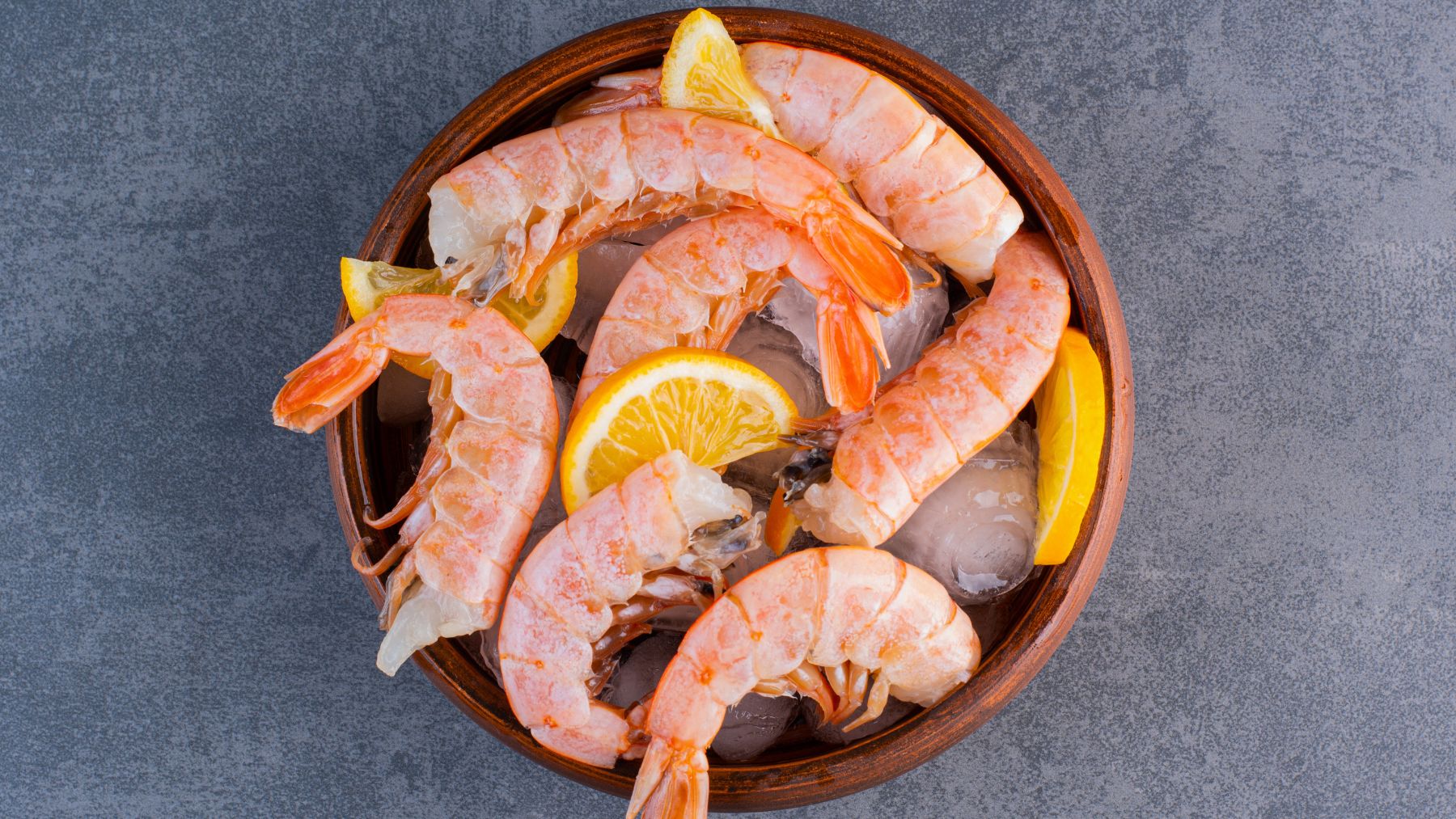The Food and Drug Administration has issued a warning about Great Value frozen shrimp sold at Walmart, citing possible contamination with Cesium-137, a radioactive isotope. The agency is urging consumers not to eat, sell, or serve the shrimp.
While no contaminated shrimp has entered the U.S. food supply, the FDA says the products linked to an Indonesian supplier, BMS Foods, are being recalled as a precaution. Here, we’ll explain what triggered the warning, which products are affected, and why Cesium-137 is a health concern.
FDA warning on Walmart shrimp
The alert began after U.S. Customs and Border Protection flagged suspicious shipping containers at four different U.S. ports. Tests showed possible traces of Cesium-137, which led the FDA to examine shrimp shipments from BMS Foods, a seafood distributor based in Indonesia. Some of those frozen shrimp samples tested positive, prompting the agency to take action.
The products in question are sold under Walmart’s Great Value brand. Specifically, the FDA advises against eating or selling three lot codes of raw frozen shrimp with a best-by date of March 15, 2027. If you purchased shrimp under that description, the agency says to throw it away immediately.
In its statement, the FDA said the shrimp violated the Federal Food, Drug, & Cosmetic Act because it “appears to have been prepared, packed, or held under insanitary conditions whereby it may have become contaminated with Cs-137 and may pose a safety concern”. Until BMS Foods addresses these concerns, its seafood products are banned from entering the United States.
The relevance of this risk
Cesium-137 is a radioactive metal produced as a byproduct of nuclear fission. The U.S. Environmental Protection Agency explains that external exposure to large doses can lead to burns, acute radiation sickness, and even death. Though the FDA stressed that no contaminated shrimp has made its way into the food supply, the agency says even the possibility requires a firm response.
For shoppers, the warning underscores how imported seafood is screened for contamination before reaching grocery stores. The FDA works with U.S. Customs to monitor shipments from overseas, and in this case, the system flagged the potential problem before products reached shelves.
Radiation exposure through food is rare in the United States. However, the FDA’s decision to recall all BMS Foods shipments after the container tests reflects how seriously the agency takes the threat of radioactive contamination. Food recalls linked to bacteria, glass fragments, or other contaminants are more common, but the presence of a radioactive isotope raises unique health concerns.
The shrimp recall follows other recent food safety alerts, including coffee recalled for possible glass contamination and hand soaps pulled from stores due to harmful bacteria. The FDA says it is continuing to work with retailers and distributors to ensure the affected shrimp is removed from circulation.
While the warning may sound alarming, experts emphasize that no contaminated shrimp has reached U.S. consumers. Still, anyone who purchased Great Value frozen shrimp with the listed lot codes should not take chances. Discard the product and monitor FDA updates for the latest information.

